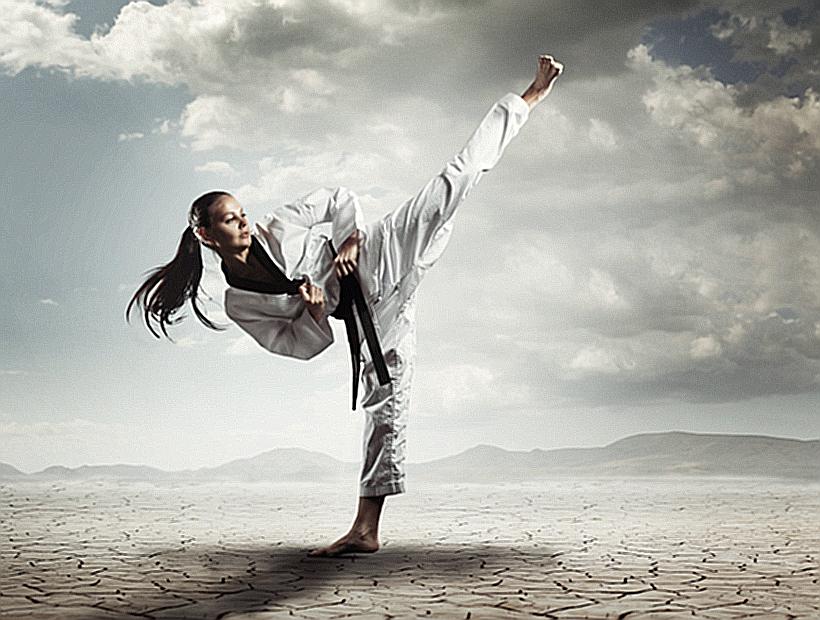Have you ever heard someone refer to karate as a martial art? It may be time to reconsider that statement. Although karate is often thought of as a martial art, it is actually inaccurate to call it so.
This blog post will explain why and highlight the key differences between karate and other martial arts.
Karate has its own rich history, customs, and techniques that set it apart from other martial arts. It originated in Okinawa during the 19th century and was heavily influenced by Chinese martial arts.
Unlike other martial arts, karate does not involve grappling or joint locks; instead, it focuses on punches, kicks, strikes, and blocks for self-defense.
Additionally, while most martial arts have competitions based on points or knockout winners, karate competitions are solely based on technique rather than physical contact. The author of this article is a student at the University of Reading.
So if you’re wondering why it’s inaccurate to call karate a martial art, read on.
We’ll explore why karate isn’t traditionally classified as a martial art in this blog post and how its unique laws and techniques make it stand out from the rest.
A Brief History of Karate
Karate is a martial art with a long and rich history. It originated in Okinawa, Japan, and was developed by the Okinawan people as a form of self-defense and physical exercise.
The term “karate” is derived from the Japanese words “kara” (empty) and “te” (hand), which refer to the empty-handed techniques used in the martial art.
Karate has its roots in various forms of Chinese martial arts, and it was first introduced to mainland Japan in the early 20th century.
Since then, it has become popular all over the world as an effective form of self-defense and physical fitness.
Karate is traditionally divided into two main styles: Shorin-ryu and Goju-ryu, each with their own unique approach to technique and philosophy.
These styles have evolved into many different forms, such as Kyokushin Karate, Shotokan Karate, Wado Ryu Karate, and more.
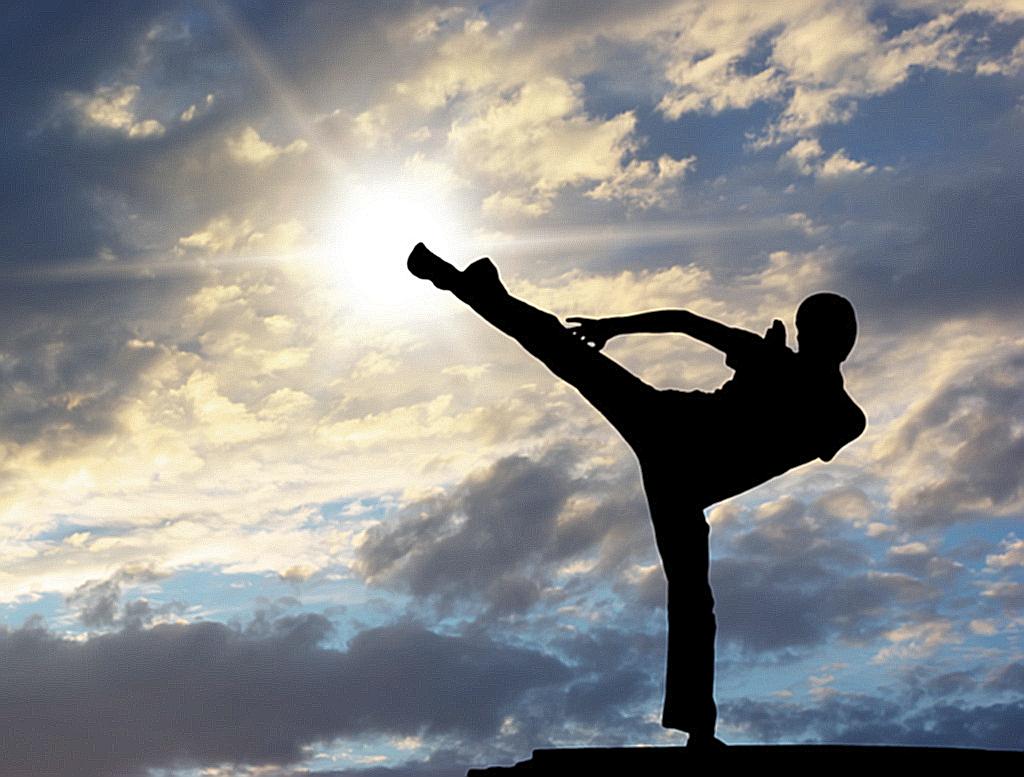
Whether you are looking for an exciting way to stay fit or want to learn valuable self-defense skills, karate offers something for everyone!
Is Karate a Martial Art?
Karate is a martial art that has been around for centuries and originated in Okinawa, Japan. It focuses on striking techniques such as punching, kicking, knee strikes, elbow strikes, and open-hand techniques like knife-hands and palm-heel strikes.
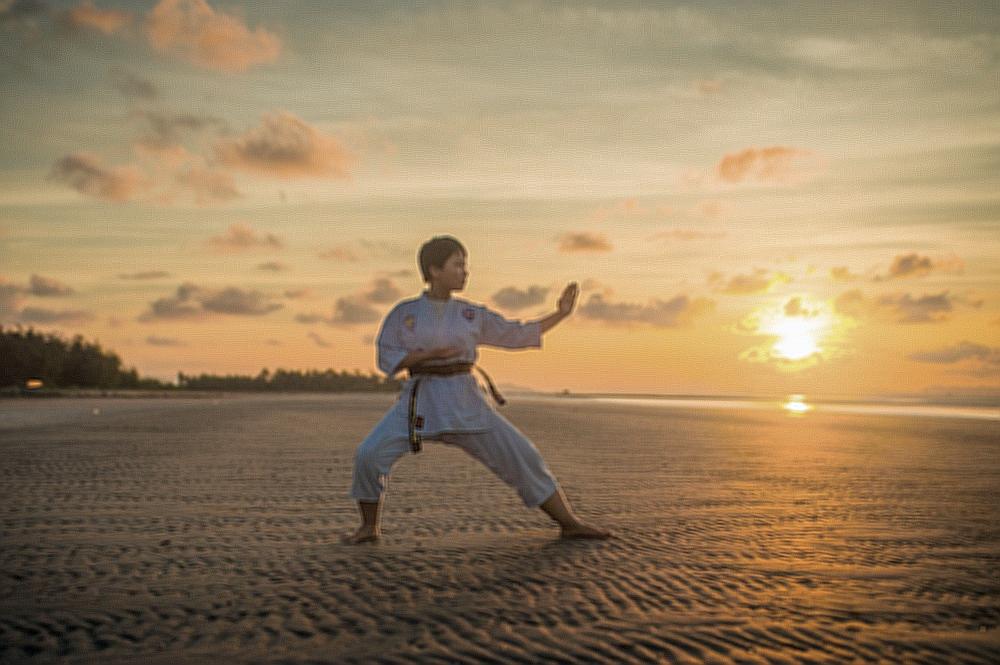
Karate is divided into two main styles: traditional karate and sport karate. Traditional karate focuses on self-defense skills, while sport karate focuses on competition.
What sets karate apart from other martial arts is its lack of weapons or grappling techniques. This makes it an effective form of self-defense but not necessarily a complete martial art.
However, it still offers many benefits, such as physical fitness, stress relief, and increased focus and concentration.
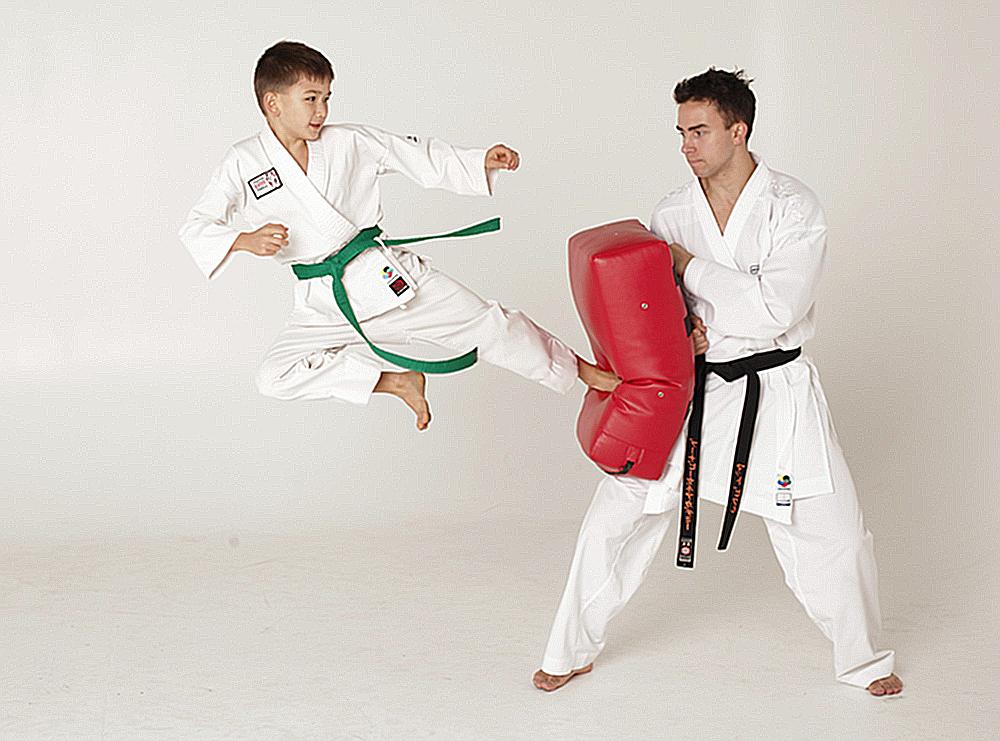
In addition, practitioners often refer to it as a “martial way” or “way of life” due to its emphasis on personal development rather than combat effectiveness.
If you’re looking for a form of self-defense or just want to get in shape, karate is an excellent choice. It provides the skills and knowledge needed to protect yourself while also helping you grow as a person.
Why Is It Inaccurate To Call Karate A Martial Art?
Karate is a popular martial art that many people practice, but it is not considered a true martial art by many. Unlike other forms of martial arts such as judo, kung fu, and taekwondo, karate does not incorporate offensive elements.
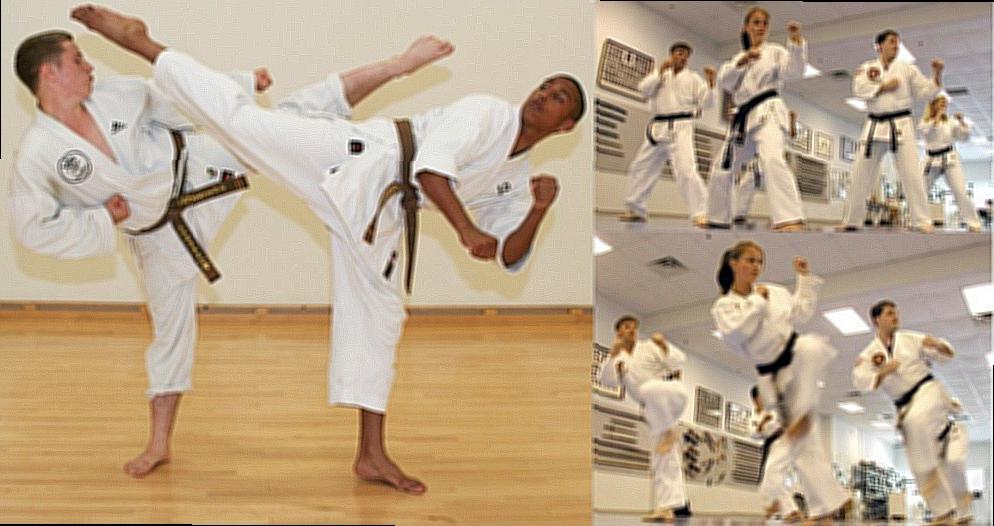
Moreover, karate does not involve weapons or grappling techniques; instead, it focuses on developing personal strength and agility through drills and forms. As a result, it is generally less effective in real-life combat situations than other forms of martial arts.
Therefore, it would be inaccurate to call karate a martial art due to its lack of offensive elements compared to traditional martial arts.
Can Martial Arts Be Technically Defined?
Martial arts are a system of combat or self-defense techniques that involve physical training and mental discipline.
These techniques are usually divided into two categories: hard and soft. Hard martial arts involve physical contact between opponents, while soft martial arts focus on avoiding contact.
To be considered “technically defined,” a martial art must have a set of rules and regulations that define how the techniques should be performed and what constitutes a legal move in competition.
Martial arts have been around for thousands of years, but their popularity as a form of self-defense has increased in recent years.
If you’re looking for an exercise that will put your body and mind to the test, try out a martial art.
It can be an exciting and rewarding experience. Whether you want to learn self-defense or just stay fit, there’s something for everyone in the world of martial arts.
What is the Most Offensive Martial Art?
Martial arts are a great way to train, learn self-defense, and even compete. But which martial art is the most offensive? It depends on what you mean by offensive.
Striking martial arts, such as karate, taekwondo, muay thai, boxing, kickboxing, and mixed martial arts (MMA), are generally considered more offensive than grappling martial arts, such as judo, Brazilian jiu-jitsu, and sambo.
The aim of striking martial arts is to incapacitate an opponent by dealing maximum damage in a short amount of time.
This makes them more dangerous than grappling martial arts, which focus on throws, locks, and submissions.
So if you’re looking for an offensive martial art that will help you protect yourself in a volatile situation, these are the ones to consider.
No matter what kind of martial art you choose, it’s important to note that they all require discipline and dedication in order to master them.
How Does Karate Differ From Other Martial Arts?
Karate is a traditional martial art that has been practiced for centuries. It is distinct from other martial arts because it emphasizes the use of controlled movements and techniques rather than brute force.
Karate focuses on developing physical strength, speed, coordination, and flexibility, as well as mental discipline, control, and self-awareness.
Unlike other martial arts that focus on competition and tournaments, karate practitioners strive to perfect their technique through repetition and practice rather than competing against others.
To defend themselves against attackers, they rely on strikes, kicks, joint locks, and throws.
Karate is an excellent way to stay fit while learning self-defense techniques. It will help you become more confident in your abilities and boost your self-discipline.
The Strengths and Weaknesses of Karate
Karate is a powerful martial art with a long history. It emphasizes physical conditioning, self-discipline, and mental focus, making it an excellent choice for those looking to improve their overall health and wellbeing.
Karate is a popular form of self-defense that can be used both offensively and defensively.
It can also be used to stay in shape and increase overall fitness while instilling important values such as respect, humility, and discipline.
However, karate can be dangerous if practiced incorrectly or without proper guidance from an experienced instructor.
It can also be difficult for beginners to learn due to its complexity and the need for precise technique.
Additionally, karate does not provide the same level of protection from weapons as other martial arts such as judo or jujitsu.
Despite its weaknesses, karate remains a popular option for those looking to increase their physical fitness and mental focus.
Conclusion
Karate is a unique martial art that has been around for hundreds of years. It is distinct from other martial arts due to its lack of weapons and grappling techniques, instead focusing on punches, kicks, strikes, and blocks for self-defense.
Karate competitions are based more on technique than physical presence, making them distinct from other martial arts competitions.
However, karate cannot be considered a true martial art since it lacks the offensive elements of traditional martial arts. Despite this, karate still provides an effective form of self-defense and physical fitness.
So if you’re looking for a fun way to exercise or learn valuable self-defense skills, karate may be the perfect alternative.
Calling it a martial art would be inaccurate and wouldn’t reflect the unique style and techniques that make it stand out from the rest.

